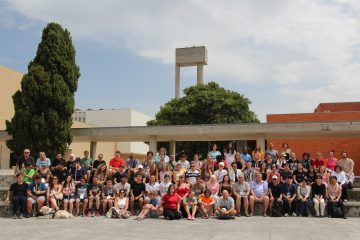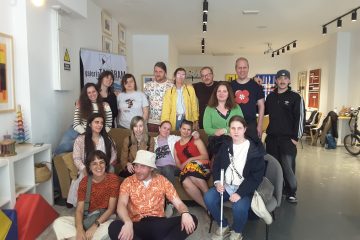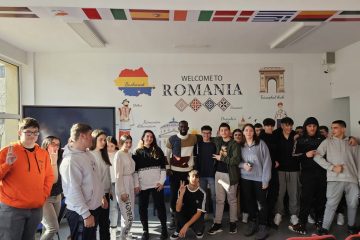The SNAC conference brought together approximately 150 participants from across Europe, fostering collaboration among 17 National Agencies engaged in the European Solidarity Corps (ESC) and SALTO ESC. Operating under the joint initiative SNAC (Strategic National Agencies’ Cooperation 2022–2027), the event aimed to enhance youth volunteering conditions in Europe. The focus was on the transformative impact of youth volunteering, uniting organizations and key stakeholders to shape a new vision for EU youth engagement.
Spanning two days, the conference featured workshops and discussions. The first day concentrated on how youth volunteering can shape Europe’s future, primarily through ESC schemes.
Day 1: Workshops and Thematic Discussions
The first part of the day addressed:
- Updates on the final evaluation of the European Solidarity Corps (2018–2020) and the interim evaluation of the 2021–2027 programme. Preliminary findings show the ESC is exceeding expectations, with 1 in 10 young people expressing interest. However, challenges such as the COVID-19 pandemic and the war in Ukraine have significantly impacted the programme. The final mid-term evaluation results are expected in March.
- Research findings on national volunteering schemes in France, particularly the Civic Service and the ESC.
The second part of the day focused on networking and thematic discussions, covering:
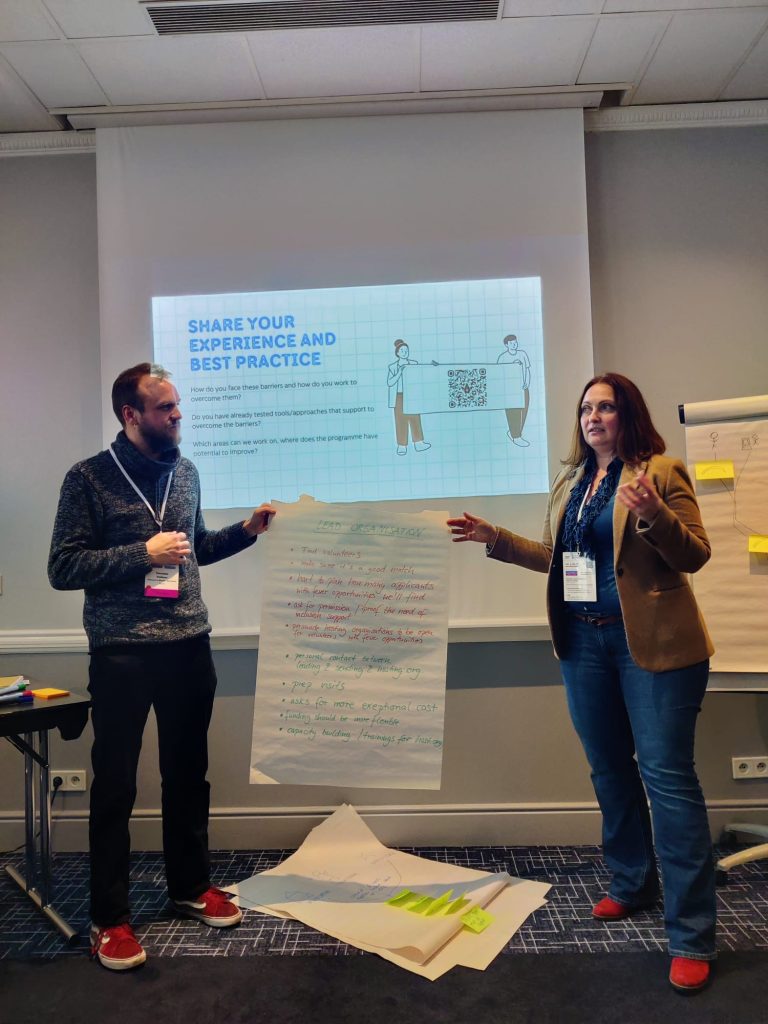
- Promoting social cohesion and European values through civic engagement
- Citizens at the heart of the European Project
- Green, Greener, Greenest: A critical look at the data on green volunteering
- Promoting sustainability through volunteering
- Young people bloom up in solidarity
- Tools for inclusive volunteering
Through group discussions, participants recognized common challenges in engaging young people in long-term volunteering, despite working in different contexts. Visa-related obstacles remain a major hurdle in implementing ESC projects effectively across the EU.
Day 2: Policy Discussions and Future Perspectives
The second day centered on fostering connections between organizations and decision-makers to discuss the future of youth volunteering from a policy perspective. Key panel discussions included:
- “EU Youth Volunteering: Bringing Europe Closer to Its Citizens”
This panel reaffirmed that in the upcoming EU programme cycle, ESC will not be merged with other initiatives. Instead, its visibility and impact will be enhanced. - “Youth Volunteering and a Greener Europe”
Discussions highlighted the importance of shared leadership and ownership in addressing EU Youth Goal #10 (Sustainable Green Europe) and SDG #13 (Climate Action). - “EU Volunteering as a Driver of Youth Empowerment, Solidarity & Inclusion”
This panel addressed the disparity between the high number of young people registered on the European Youth Portal and their lower actual engagement in ESC volunteering. The role of Sending Organizations, as well as the definitions of solidarity and inclusion, were also debated.
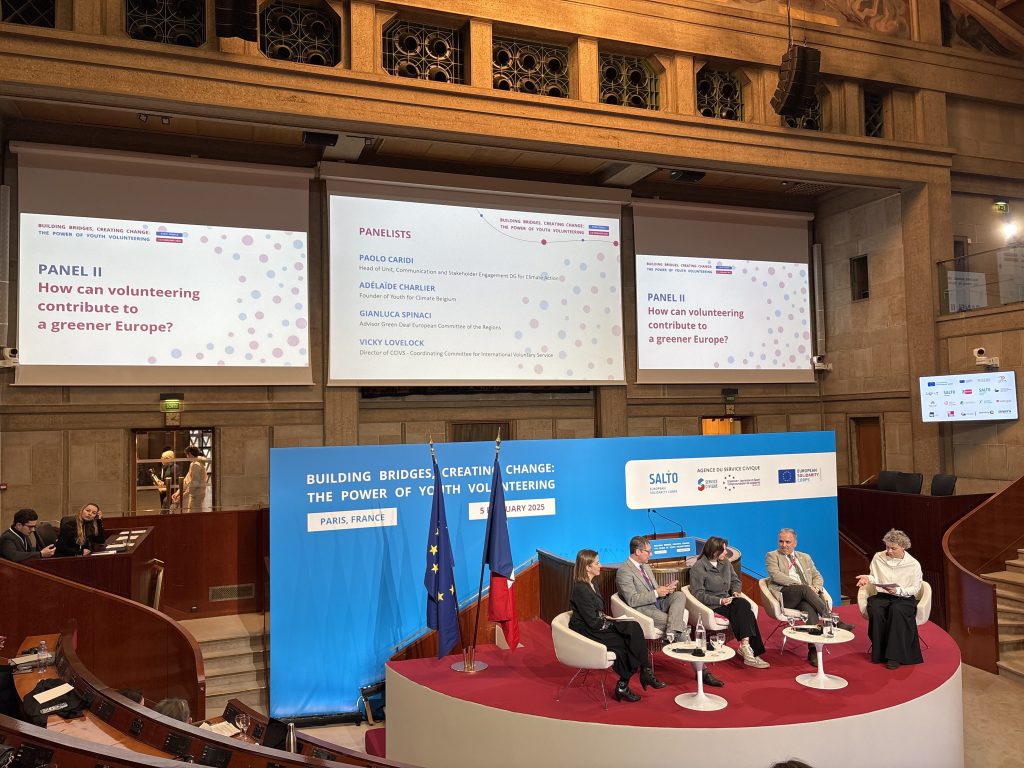
Conclusion
Hosted by the SALTO European Solidarity Corps Resource Centre and Agence Erasmus+ France Jeunesse & Sport, the conference underscored the European Solidarity Corps’ impact as a value-driven initiative rooted in solidarity.
Held approximately every 18 months, this event strengthens ESC programme approaches. The ESC remains a life-changing opportunity for young people while fostering significant local community impact and reinforcing EU values such as democracy, solidarity, and mutual understanding.
Through discussions, knowledge-sharing, and collaboration, we contributed to strengthen the European Solidarity Corps—empowering young volunteers to tackle societal challenges and contribute to a more united and promising future.
